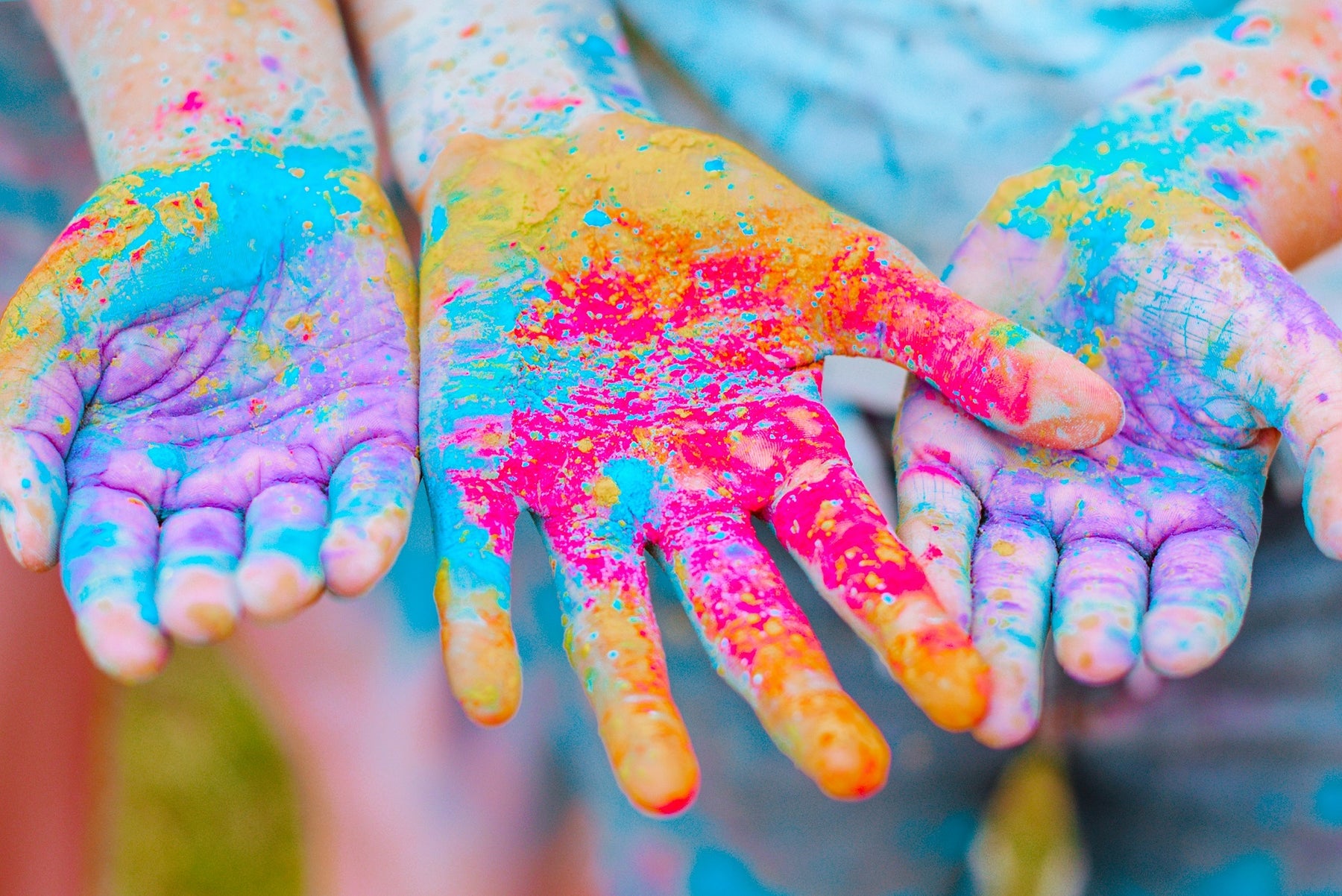
Embrace Messy Play: Fun Outdoor Activities for Kids
As the weather warms up in Australia, it's the perfect time to encourage your children to get outdoors and explore the joys of messy and tactile play. While the idea of mess may make some parents cringe, engaging in messy play is not only fun but also offers numerous benefits for your child's development. In this blog post, we'll dive into the world of messy play, its advantages, and some exciting outdoor activities to make the most of the beautiful Australian climate.
Why Messy Play Matters
Messy play isn't just about getting dirty; it's an essential part of childhood development. Children learn through play. They need to feel and see the world around them in order to understand it.
Here's why it matters:
1. Sensory Exploration: Messy play engages all of the five most commonly known senses—touch, smell, taste, sight, and sound. It helps children develop sensory awareness.
2. Physical development including Fine and Gross Motor Skills: Activities like squeezing, pouring, and digging in the mud or sand enhance fine and gross motor skills such as strength, hand-eye coordination and body awareness.
3. Creativity and Imagination: Messy play stimulates creativity and imagination as children experiment with textures and materials. It promotes children to create their own fun!
4. Support regulation: Outdoor play and sensory activities in nature assist in encouraging a well regulated nervous system.
5. Social Skill development: when children participate in messy play with other children or adults, it will assist in developing their social skills such as verbal and non verbal communication, conflict resolution and turn taking.
Outdoor Messy Play Ideas
Now, let's explore some fantastic outdoor messy play activities that are perfect for the Australian climate:
1. Mud Kitchen- Create a mud kitchen using old pots, pans, and utensils.
- Let children mix, pour, and "cook" with mud, sand, and water.
- Encourage imaginative play by pretending to make mud pies and cakes.
- Set up a water table or paddling pool in your backyard.
- Add toys like boats, cups, and sponges for endless water play fun.
- Water play is not only messy but also a great way to cool down on hot days.
- Go on a nature scavenger hunt to collect leaves, sticks, flowers, and stones.
- Use these natural materials to create art outdoors, such as leaf rubbings or rock painting.
- Fill a sandbox with clean play sand and provide buckets, shovels, and moulds.
- Sand play enhances tactile awareness and encourages creativity in building and sculpting.
- Set up a painting station outdoors with washable, non-toxic paint.
- Let children use their hands and fingers to create colourful masterpieces on large sheets of paper or even on the sidewalk.
- Create sensory bins filled with items like rice, pasta, or beans.
- Hide small toys or objects for kids to discover through tactile exploration.
- Freeze small toys or surprises inside water balloons.
- Let kids have a blast with a messy game of water balloon smashing.
Embrace the Mess!
Remember that messy play is about exploration, learning, and having fun. While it may involve extra cleanup, the memories created and the developmental benefits for your child are well worth it. So, embrace the mess and celebrate the joy of outdoor play this season in Australia.
At The OT Store, we offer a range of products that can enhance messy play experiences, from Explore our collection to make your outdoor adventures even more exciting!




Castle and Kite Fun Dough Faces (set 52)

